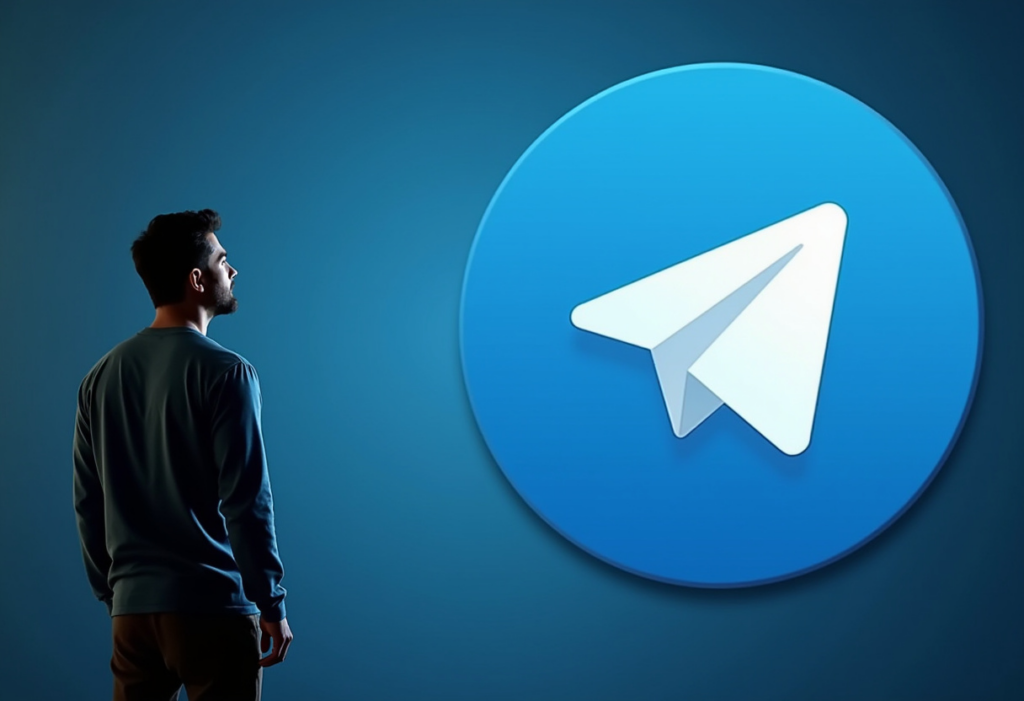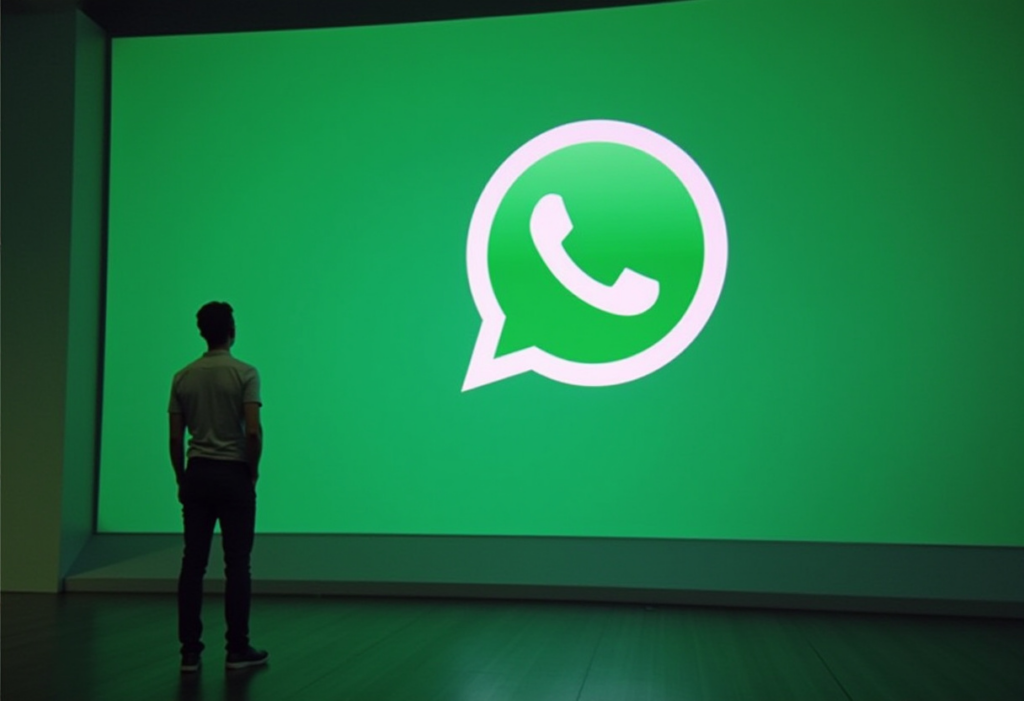Enter the title text
The world of digital communications is rapidly changing, and instant messengers are becoming an integral part of the lives of millions of people. Today Telegram and WhatsApp is not just a platform for communication. These are ecosystems where brands build trust, interact with audiences, and create new formats of presence. The future of messenger marketing is shaping up here and now — and it's worth considering what changes are already taking place and what companies are preparing for.
Why instant messengers are coming to the fore
The growing interest in instant messengers as a means of marketing communication is explained by several factors. First, the habit of personal communication makes such sites much closer to the user than traditional social networks. Secondly, the high frequency of use — people check messengers more often than any other platform. Finally, an atmosphere of trust and privacy encourages a more open dialogue between the brand and the audience.
Telegram: a space of opportunities for brands
Telegram confidently strengthens its position among businesses. The platform offers flexible solutions for maintaining channels, communicating via chats, and automating via bots.
One of the main trends is the growing attention to the visual and semantic design of channels. High-quality content, character delivery, engaging posts, and voice formats turn brand channels into full-fledged media.
Bots are becoming especially important in Telegram. With their help, companies create entire communication scenarios: from consultation to product selection. Bots don't just answer questions — they keep you interested, inform you, and even entertain you, which increases your interaction time with your audience.
Special attention should be paid to Telegram Ads, which is a growing ecosystem for placing ads in channels. It allows you to reach specific groups of users and adapt messages to the interests of the target audience.

WhatsApp: switching from communication to a service
WhatsApp, despite its stricter format restrictions, is also becoming an attractive marketing medium. One of the most significant areas of development here is the introduction of the WhatsApp Business API. This allows brands to automate communication with customers, send notifications, confirm orders, and respond to requests.
It's important to note that WhatsApp values simplicity. Here, concise and useful communication works, without unnecessary decorations. It's a great platform for customer support, collecting feedback, and personalized messages.
Recently, WhatsApp has been testing the functions of directories, storefronts, and even payments in the app. This brings the messenger closer to a full-fledged platform for interaction between the business and the buyer, where you can not only discuss, but also make a purchase.
Microcommunication — in the focus of attention
The future of messenger marketing is increasingly linked to the shift to microcommunication. This means that brands learn to talk to the user not “broadly”, but personally, briefly and appropriately. Subscribers of channels and chats do not want to read long ads — they are waiting for valuable information here and now, without water and unnecessary noise.
This creates a new type of content: concise tips, catchy headlines, live voice or video messages that convey emotions and create the effect of”real communication". Instant messengers teach marketers to be human, understandable, and only talk about the case.
Personalization without pathos
Telegram and WhatsApp allow you to communicate with customers almost as if they were friends. This does not require complex marketing schemes — just respect, honesty, and a fine understanding of the audience's needs. The future of messenger marketing is built on being close, not imposing. People quickly get tired of aggressive advertising, but they return with interest to those who speak to them on an equal footing.
Using customized message chains, segmented mailings, and trigger scenarios, you can create a “message from a friend " effect, which significantly increases engagement. All this requires attention to detail and respect for the user's time.

Content with soul
Messenger marketing is moving further away from content templates. Copy-pastes from other platforms don't work here. The audience expects originality, lively wording, and even humor. The formats can be very different: mini-interviews, answers to questions, storytelling, exclusive news, surveys.
Sincerity is especially highly valued. If a brand shares its thoughts, shows the "kitchen" from the inside, and talks about its path — it inspires trust. This is not an ad campaign, but a quiet but confident presence in the daily dialogue with the client.
Security and transparency
With a growing focus on privacy, Telegram and WhatsApp are winning with their own security policies. Telegram offers advanced privacy settings, including secret chats and two-factor authentication. WhatsApp encrypts all messages, creating a sense of security.
This opens up a space for building honest and transparent relationships with customers. Brands that don't abuse trust, don't send spam, and don't disguise their goals — they get feedback and loyalty.
What to expect in the near future
Looking ahead, we can expect the following changes::
Continued growth in the number of brand channels in Telegram;
Expanding WhatsApp's commercial features-from storefronts to Payments;
Strengthening the role of chatbots with AI capabilities;
The emergence of creative mailing formats;
Growing importance of engaging content — voice, video, and memes;
Increased regulation of marketing activity in instant messengers.
All these trends create an environment where every step requires thought. The superficial approach doesn't work. Only those who truly understand why and how they communicate with the audience will be able to remain interesting and desirable.








